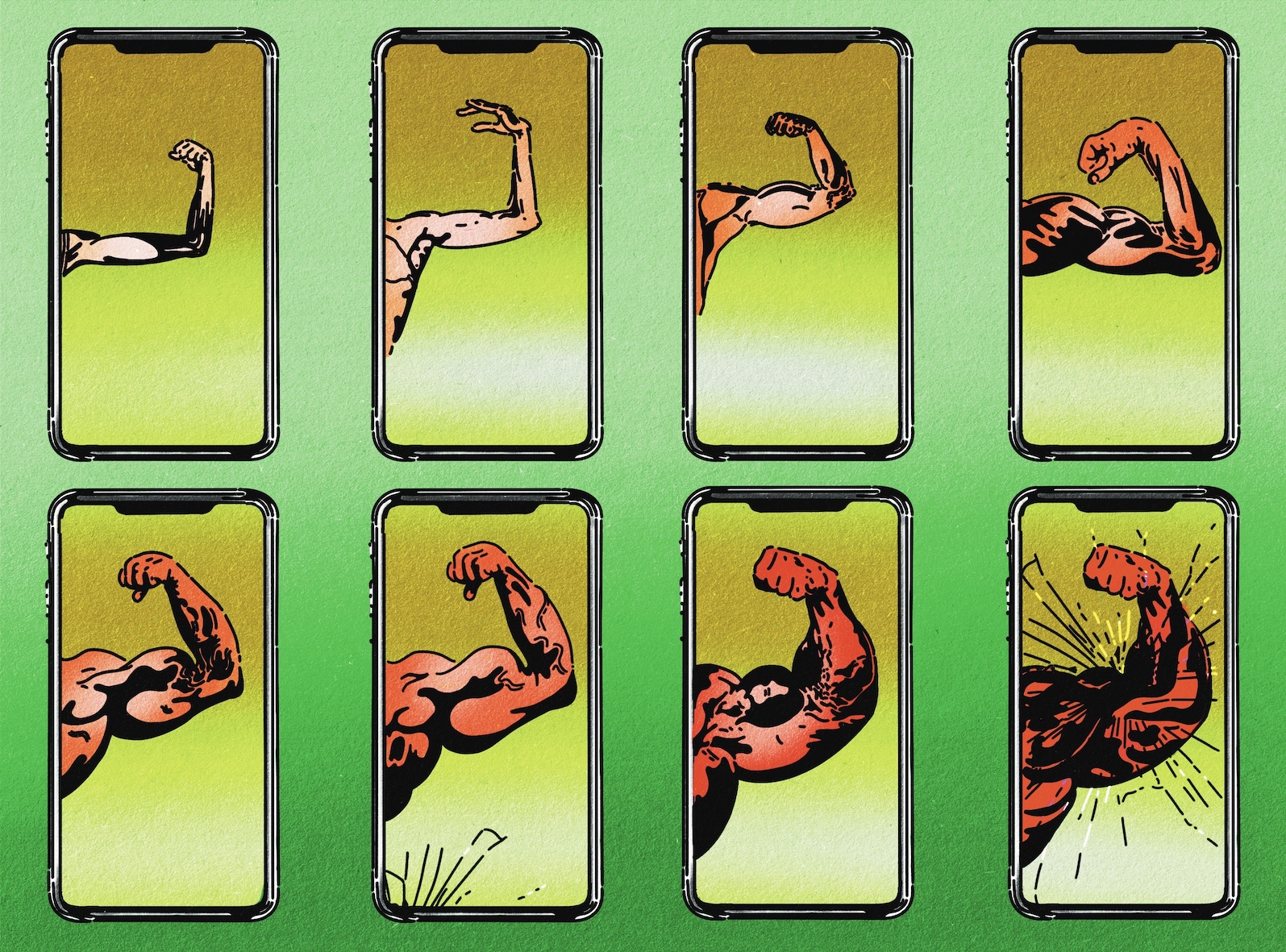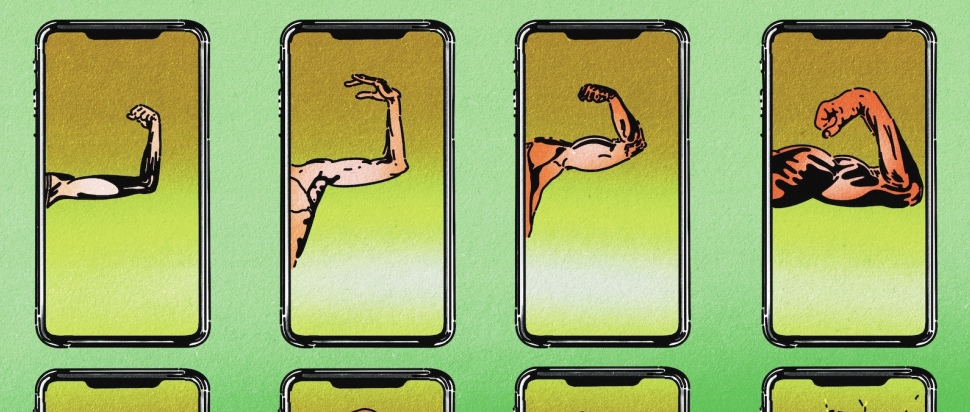90 Days: Why daily challenges still won’t save us
Total transformation is only a few dozen lonely days away. One writer unpacks our endless fixation with daily challenges and questions whether there’s more to life than self-discipline
I’ve always been one to love a transformation. I grew up watching makeover TV, writing new year’s resolutions and methodically planning my back-to-school outfits. I took every chance I got to reinvent myself and became an expert in the art of making a noteworthy comeback.
With this in mind, I was not surprised when I first noticed a shift, a few months ago, in the content my social media algorithm was pushing. “Change Your Life in 90 Days,” YouTube told me; “Enter Your Winter Arc,” TikTok replied. I had received a new gospel: a 90 day challenge.
In the fitness space, 90 day challenges and other time-constrained programmes are nothing new, but the 2020s social media pivot to video allowed them to transition from solely fitness into overall lifestyle, integrating financial, professional and personal goals, and maximising their output with an endless stream of variants across TikTok, Instagram and YouTube. Last October’s #WinterArc was a chance to leverage the winter months to become 'laser-focused on your goals' and 'level up' by 2025. The shorter but bolder #75Hard, a 'mental toughness programme,' is this year’s favourite with its strict (and potentially dangerous) routine of daily 90 minute workouts – no rest, no cheat!
Whatever name the trend comes up with next, its core idea remains unchanged: that with enough self-discipline, you too can change your life. Every challenge begins with setting precise goals, broken down into a host of daily activities to be diligently repeated across 90 days; long enough to build new habits, short enough to be marketable. Repetition is achieved through discipline, and that discipline can only be developed in isolation. Some challenges demand abstinence from social life – going ‘ghost’, cutting ‘time-wasters’ – in others, isolation is a by-product. After all, how much time will nearly two hours of daily workouts leave you with? The final (and perhaps most integral) ingredient is technology mediated performance. The change you embark on requires an audience, and that audience should understand the miracle of your transformation thanks to a flow of progress pictures and carefully edited training videos. Indeed, short form video was the ideal medium for this mindset to flourish, because it shows both the performance of hard work and its outcome, and it has the worldwide reach to bring in new converts in minutes.

The 90 Day Challenge (and its counterparts) is where managerialism meets gamification meets evangelism: the promise of total transformation through the atomic fractioning of one’s time, all under the watchful eye of the social media panopticon. Maybe I’m too cynical. Maybe this is a positive social movement empowering people to take control of their lives. But, in all honesty, I think it’s something far more sinister: propaganda. In the ideology of the 90 Day Challenge, the only thing standing between you and your goals is yourself. At its heart is the idea that our capacity for individualised labour makes us virtuous, and that hard work always pays off. A good life, we’re told, is one spent in the constant grind of self-improvement and optimisation. Behind this social media entertainment is the neo-liberal subtext that individualism, self-reliance and labour power are inherently moral and liberatory.
Before you come at me – I get it: having a clear vision of your goals and how to measure (and celebrate) your successes can be meaningful. Being neurodivergent myself, I am acutely aware of this: planning and consistency are integral to my wellbeing. But it also often feels that if I do not micro-manage my life like a Fordist factory floor, I’ll cease to exist entirely. These systems are how I care for myself, sure, but they are also how I survive, how I bypass the inaccessibility of an ableist system.
There is a line between self-improvement and survival that these challenges are too happy to cross. This level of personal management is always violent – no matter who it’s intended for. Do you ever stop to consider why we live in a world so painful that the only way we feel powerful enough to survive it is through a punitive 75 days of daily workouts or three months of diligent habit tracking and no affection? And for what? To be ready for the next quarter, for the next year, for the next challenge? Will we keep optimising into oblivion as life gets harder? 60 Days. 30 Days. Everyday. We’ve grown so accustomed to survival we don’t even remember what it is we’re surviving.
A 90 day challenge won't save you. An endless quest for self-discipline will not change the external circumstances that have pushed you into survival. At the risk of sounding soft and *gasp!* undisciplined… maybe there is no better self than the one you are now. Maybe this is already your best life. What happens when you let yourself believe that?
